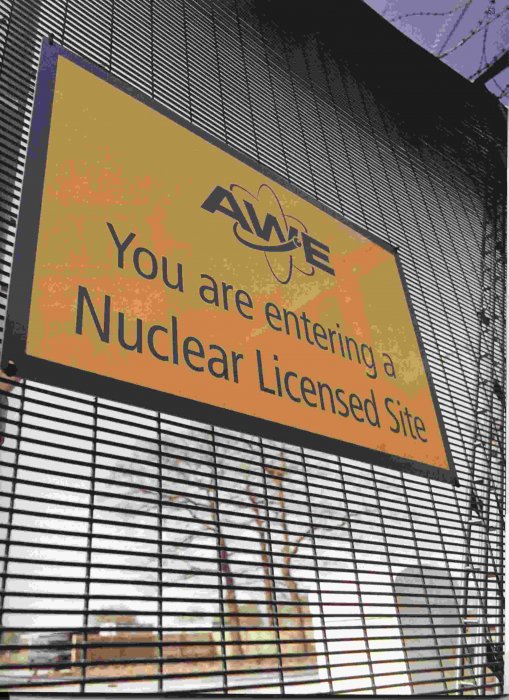Nuclear Information Service has published the results of a major investigation into the effectiveness and openness of the Local Liaison Committee for the Atomic Weapons Establishment (AWE).
Our study took place over the past two years and was conducted as a serious academic investigation, with the aim of benchmarking and promoting the AWE Local Liaison Committee's performance against good practice in stakeholder engagement within the nuclear industry. We found that, although members of the Local Liaison Committee take their duties seriously and work hard, it is not reasonable to expect them to take on a mass communication role about issues at AWE sites. The committee was established on a relatively informal basis back in 1993 and has not significantly changed its approach since then. As a result it now falls well short of stakeholder engagement standards which are adopted as the norm elsewhere in the nuclear sector.
In the light of communications issues exposed by the Fukushima nuclear accident and the consequent recommendation by Mike Weightman, HM Chief Inspector of Nuclear Installations, that more open, transparent, and trusted communications are needed between the UK nuclear industry and the public, the report concludes that it is time to review the role that AWE's Local Liaison Committee plays and that AWE, Liaison Committee members, and other stakeholders must work together to raise standards of communication and help the Liaison Committee to fulfil its important duties.
Peter Burt, Director of Nuclear Information Service said: “AWE aims to adopt excellence in everything it does, but it trails a long way behind others in the nuclear sector in the way it manages dialogue with local communities. If the company seeks to adopt the highest standards in everything it does except the way it handles its relationships with local communities then it is sending out an unmistakable signal – local people and their views do not matter to us.”
Download the study report and associated documents here:
